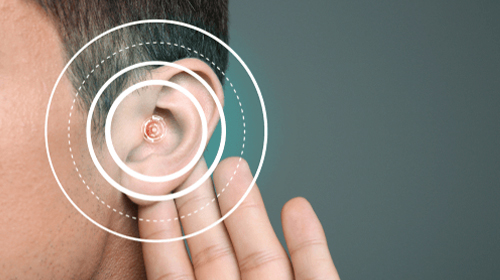
Overview
It is a relatively common condition. It accounts for 10% of all intracranial tumors. Typically, it originates from vestibular nerve (that regulates balance). This type of tumor grows slowly. It compresses surrounding structures and thus, symptoms emerge. While most cases are sporadic or isolated in nature, neurofibromatosis type 2 (NF2) is a genetic condition.
Isolated cases peak at the age of 40-60 years. NF2 emerges at earlier ages. Particularly, patients aged below 30 should be assessed in detail when admitted with acoustic neuroma. It enlarges very slowly (0.2 cm/year), but it may compress brain stem in time and increase intra-cranial pressure.
Signs and Symptoms: Potential complaints include unilateral hearing loss, tinnitus, imbalance and facial numbness. The most common complaint is hearing loss. Acoustic neuroma may be the underlying cause of sudden-onset hearing loss in some cases. Facial numbness indicates that the tumor progresses.
Diagnosis: Hearing and balance tests are used. Imaging study is highly important. Contrast-enhanced MRI is a sensitive diagnostic modality.







